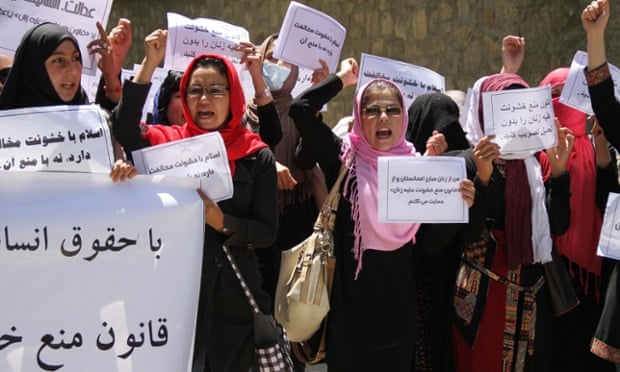General
Source: TheGuardian
The millennium development goals sought to improve the lives of people living in the global south by reducing poverty and hunger, as well as improving access to health, education and water and sanitation.
Six of the eight goals mention women and girls as priority targets. Goal three seeks to promote gender equality and empower women.
As the deadline for achieving the MDGs looms, how successful have the goals been in empowering women?
UN Women predicts that, at the current pace of change, it will take about 50 years to achieve parity in parliaments, and more than 80 years before women are on an equal footing with men in terms of economic participation.
According to the executive director of UN Women, Phumzile Mlambo-Ngcuka, the MDGs presented a much narrower focus than the Beijing platform for action, which was signed at the fourth world conference on women, five years before the Millennium Declaration was agreed. Quite a lot of the content of the Beijing document was left out of the MDGs.
"The MDGs five years later [than Beijing] had a much smaller agenda. In a way, goal three focused on leadership and education. Certainly one regret is that [the goal] didn't include violence against women or have an emphasis on human rights. In some cases, governments put a lot of energy into implementing the MDGs so much that Beijing, which was more comprehensive, began to fall between the cracks," she said.
Olivia Mensah, a community leader from the Brong-Ahafo region of central Ghana, who was in New York last week for the Commission on the Status of Women, was more positive about progress. She said the MDGs had resulted in more girls going to school in her country.
"Firstly, few were going to school, but now more are going. The government is providing it for free, so schooling has become much easier." She said there were also fewer instances of early marriage and domestic violence.
Farmers have received equipment, like fertilisers and rubber boots, "and women with small-scale businesses have been provided with loans to enhance their businesses".
She added that more women are now entering into politics, on local and national platforms, but "we're striving to get more, we want 50-50".
Lydia Alpizar, executive director of the Association for Women's Rights in Development, has mixed feelings about the MDGs. "The processes that led to this framework were undemocratic, and showed a limited understanding of what is required for gender equality, social justice and sustainability more broadly. The comprehensive and forward-looking UN agreements of the 1990s were reduced and limited to the eight goals. The design of this framework left little impact due to this limited vision for what was needed, a lack of political will and the reduced allocation of necessary financial resources," she said.
But it has not been all negative. Alpizar noted some progress on access to primary education and political participation, and having a standalone goal on gender equality meant it became "an important priority that opened some opportunities".

